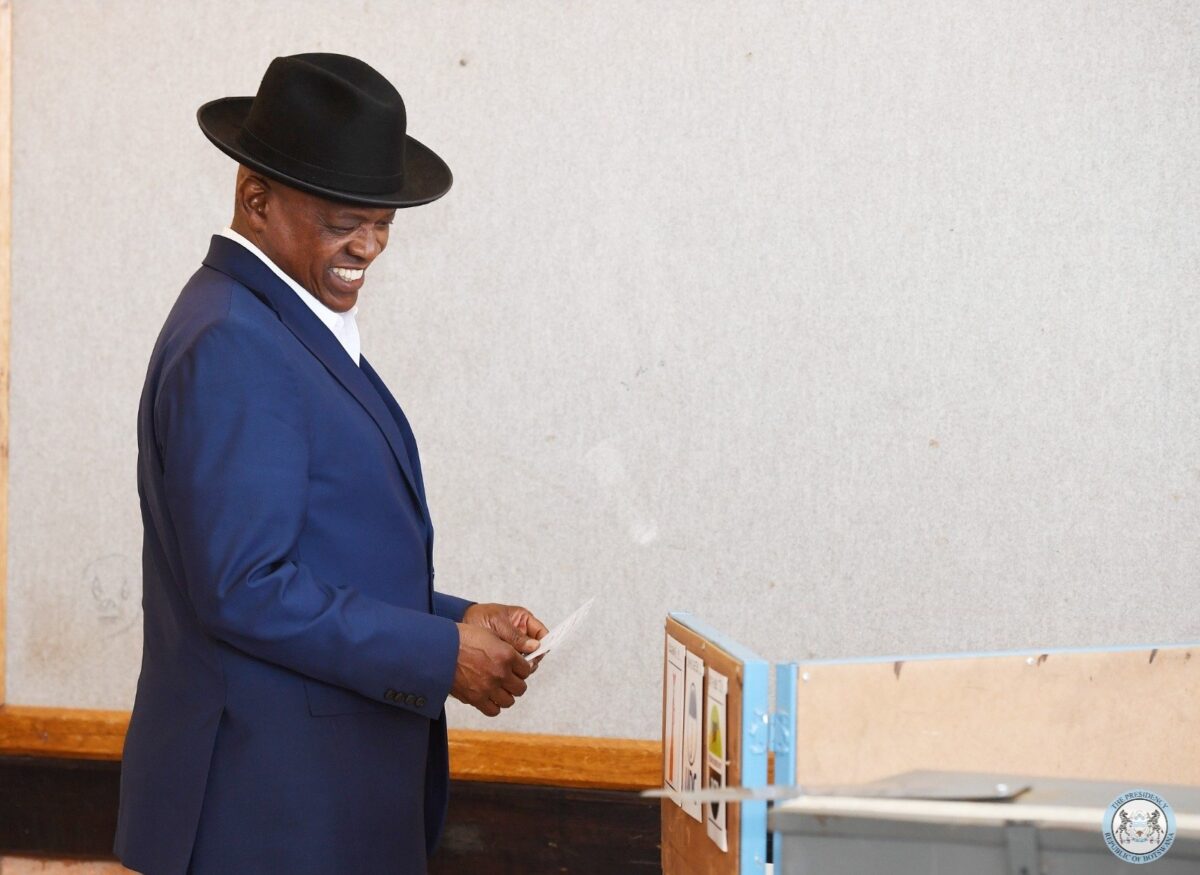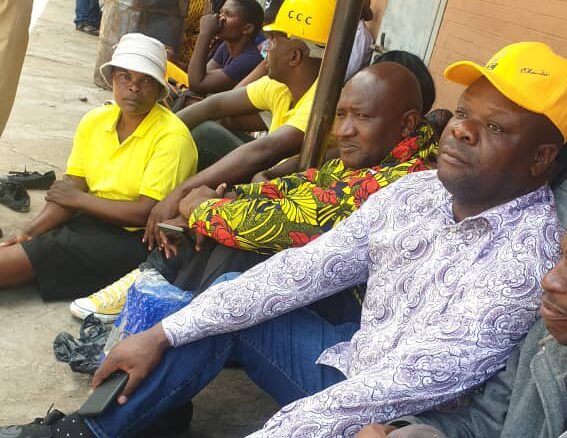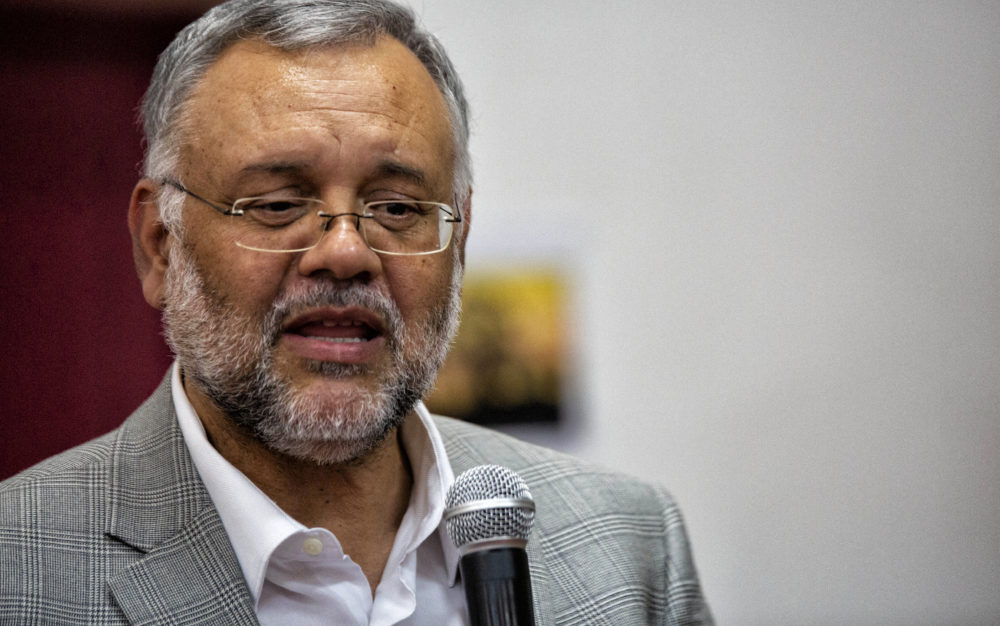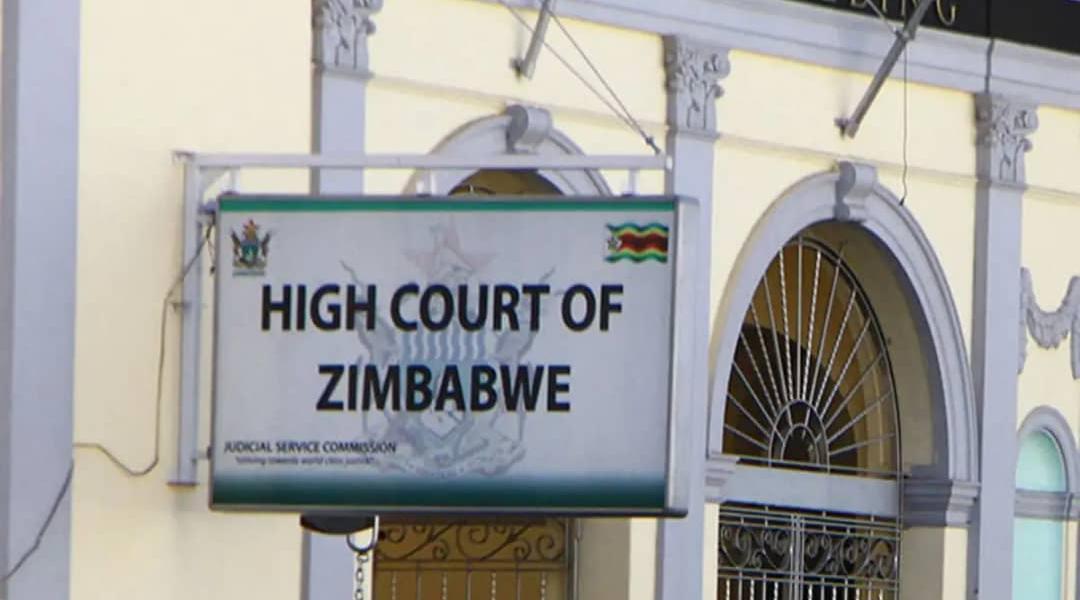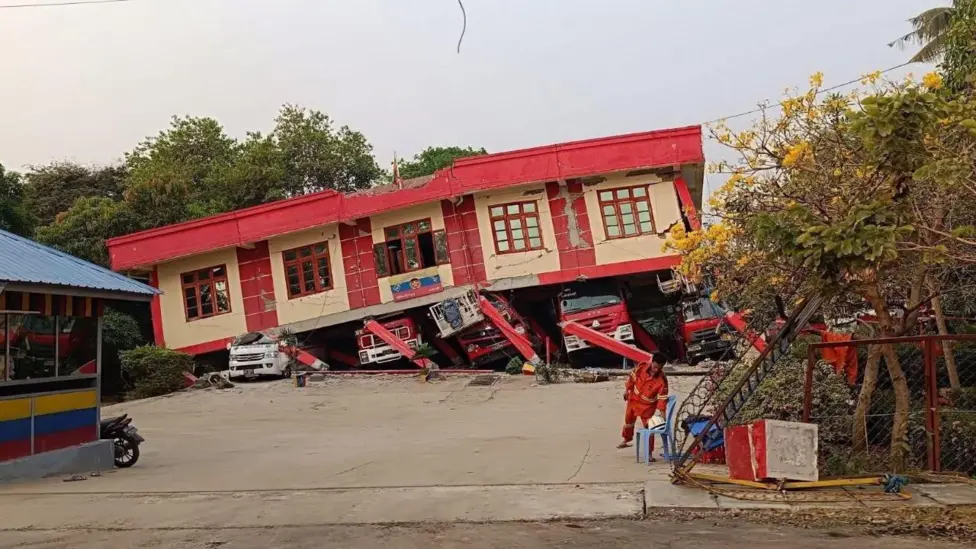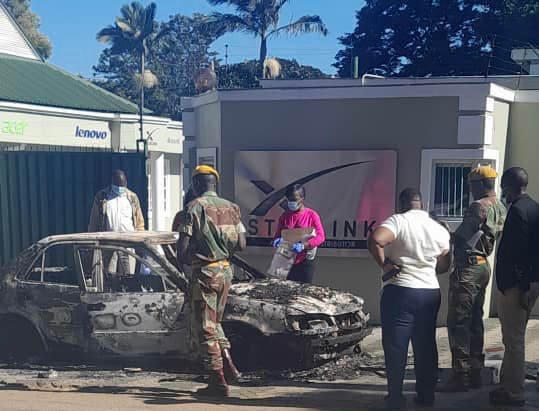GABORONE, Botswana — Botswana held a national election on Wednesday to decide if one of Africa’s longest-ruling parties stays in power for another five-year term.
The Botswana Democratic Party has governed the southern African nation for 58 years, since independence from Britain in 1966, and has held the presidency throughout.
The election will determine the makeup of Parliament and lawmakers will later elect the president.
President Mokgweetsi Masisi, a 63-year-old former high school teacher who also previously worked for UNICEF, is seeking a second and final term.
Botswana has been held up as one of Africa’s success stories — a peaceful and stable democracy with one of the best standards of living in the region — but is facing new economic challenges that have pushed the ruling party to concede that policy change is needed.
That’s largely because of a global downturn in demand for mined diamonds, which Botswana’s economy relies on.
Unemployment in the nation of some 2.5 million people has risen to 27% this year, and is significantly higher for young people.
The ruling party says it has listened to the concerns of voters and will pursue changes that could diversify an economy where diamonds account for more than 80% of Botswana’s exports and a quarter of the GDP, according to the World Bank. One of its campaign slogans has been “Changing Together, Building Prosperity.”
On the eve of the election, Masisi held a boisterous final campaign rally in the capital, Gaborone, wearing a bright red suit jacket — the color of his party — and dancing with supporters. He voted Wednesday at a school in his home village of Moshupa.
“It is my final hurrah,” Masisi told reporters. “I have enjoyed the contest.” He added that “the challenge of unemployment faces every leader.”
Three other men are challenging Masisi for president: Duma Boko of the main opposition Umbrella for Democratic Change party, Dumelang Saleshando of the Botswana Congress Party and Mephato Reatile from the Botswana Patriotic Front.
Counting is expected to start straight after polls close Wednesday evening and the results could be announced within days.
“We are concerned about issues of employment and wage structures,” said Karabo Manguba, a 29-year-old sales executive at a radio station who voted early in the morning. “Voting is a patriotic effort … and our voices need to be heard.”
While the Botswana Democratic Party has dominated the country’s politics since independence, recent economic uncertainty has closed the gap between the BDP and the opposition, analysts say.
Botswana is the second biggest producer of natural diamonds, behind Russia, and has been responsible for all the biggest rough gems found in the past decade.
But sales of rough diamonds at Debswana, the company that Botswana’s government jointly owns with the De Beers Group and a critical source of state revenue, were down nearly 50% in the first half of 2024, according to authorities.
They said the slump is partly down to geopolitical instability because of conflicts and the rise of synthetic diamonds.
It has put a dent in the public purse and raised criticism of Masisi and the BDP for not taking steps to diversify the economy.
Government employees have received their salaries late as a result of the tight financial situation, taking the shine off of Botswana’s reputation for efficient government.
Masisi has previously said those changes in the diamond market threaten Botswana’s entire prosperity.
Ahead of the election, the BDP said it would now put emphasis on processing mineral resources for new revenue streams, while also building the agriculture and tourism sectors.
“This is a classic case of needing to think outside the box. Looking at where the country is going, it appears Botswana has one script,” said Elton Katlego Ditaol, a 26-year-old part-time university student. “There is a visible and structural need to elect a leader who will write a new script. We need to diversify the economy. It is an old song. We cannot depend on mineral extraction.”
Just over a million people have registered to vote, according to the Independent Electoral Commission. Botswana is larger than France but has a small population, with the Kalahari Desert covering large portions of the landlocked country that borders South Africa. Drought and desertification threaten Botswana’s development and the livelihoods of many of its people.
The election could also revive Masisi’s feud with former President Ian Khama, the man he succeeded as Botswana’s leader and then fell out with.
Khama, the son of Botswana’s founding president, quit the BDP and went into exile in South Africa in 2021, accusing Masisi of taking an authoritarian approach to criticism.
Khama was charged with illegal possession of a firearm and receiving stolen property in a criminal case he said was politically motivated to silence him.
Khama returned to Botswana in September to attend a court hearing and has campaigned for the Botswana Patriotic Front in an attempt to oust Masisi.

